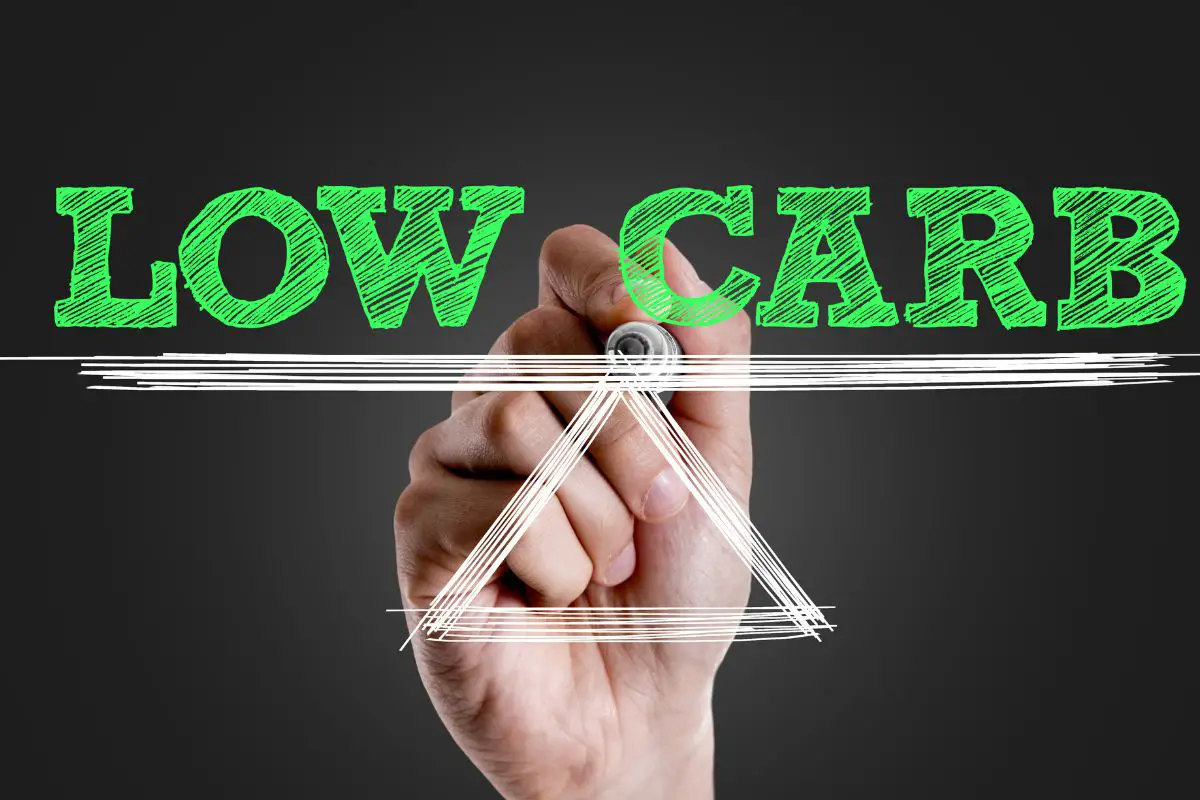If you have ever been on a low-carb diet, you understand the difficulty of cutting tasty macronutrients from your life. Carbs are a favorite food for many people. In a low-carb diet, you will have to avoid foods like bread, pasta, pancakes, waffles, most desserts, and cereal among others. But will you also eliminate coffee from your diet? Do coffee beans have carbs? In this guide, we will discuss the carb content of coffee beans.

How Many Carbs are in Coffee Beans?
When roasted, coffee beans contain almost zero carbs. After buying coffee beans, you will need to grind them before brewing. Ground coffee also has zero carbs.
Does Black Coffee Have Carbs?
If you love drinking plain, black coffee, you do not have to worry about consuming carbohydrates. Black coffee does not contain carbs. If you are a coffee lover observing your daily carb intake, consider drinking black coffee without adding milk or sugar. Adding milk and sugar introduces carbs to your coffee drink.
Sugar is a simple carbohydrate. It is listed under the carb section of the nutrient content on food labels. If you are counting your daily carb intake, you can know the number of carbs you are consuming from the sugar in your coffee depending on the number of spoons you are adding. For instance, 1 teaspoon of sugar contains about 4 grams of carbs.
If you like black coffee but its naturally bitter taste puts you off, you are likely to add sugar and/or milk to mask the bitterness. However, this will only increase your carb intake. You can slowly reduce the amount of sugar and milk in your coffee over a couple of weeks. Eventually, your taste buds will get used to the natural taste of coffee.
Like a fine wine, coffee taste is acquired over time. It is a taste that resonates with the taste buds over time rather than immediately. Over time, you will appreciate the subtle flavors of black coffee without milk and sugar.
If you must sweeten your coffee, consider adding sugar-free syrups. Also, try adding unsweetened almond milk instead of dairy milk. That way, you will enjoy sweeter coffee while keeping your carb intake low.
How Many Carbs are in Café au Lait and Lattes?
Lattes are espresso-based coffees with added milk. A standard latte is prepared with 1 part espresso and 3 parts milk. With this ratio, you will consume a lot of carbs. A latte prepared with this ratio will contain about 15 grams of carbs in a standard serving. If you add syrup or sweeteners, you will increase the number of carbs.
How Many Grams of Carbs are in Cappuccinos, Americanos, and Mocha?
Americanos do not contain carbs as long as you do not add sugar. Americanos are made with espresso and water. Espresso does not contain carbs.
Cappuccinos are typically prepared with 1 part milk, 1 part espresso, and 1 part milk. A 480ml cappuccino serving contains 12 grams of carbs.
A Flat White coffee is made by using 3 parts milk, 2 parts milk foam, and 1 part espresso. With this ratio, there is a larger number of carbs like in a latte.
Café mocha, also known as chocolate cappuccino or mochaccino, contains milk and chocolate syrup. A 16-ounce mocha serving contains 44 grams of carbs.
How Many Carbs Does Flavored Coffee Have?
If you like adding flavors to your coffee to enhance its taste, be aware you may be increasing your carb intake. Before adding flavors such as maple, honey, hazelnut syrup, or chocolate syrup to your coffee, know their carb content as it may be significant.
Is it Safe to Take Coffee While on a Low-Carb Diet?
There are several reasons that may push you into a low-carb diet. Probably, you are cutting weight or your doctor has advised you to reduce your carb intake. Regardless of your situation, you can still drink coffee. However, avoid adding sugar and milk as they will introduce carbs to your coffee.
Black coffee, Americanos, and espressos are great coffees for people who are conscious about their carb intake. Black coffee is healthy since it contains almost zero carbs. If you must add sweeteners or milk, use sugar-free alternatives to keep your carb intake low.